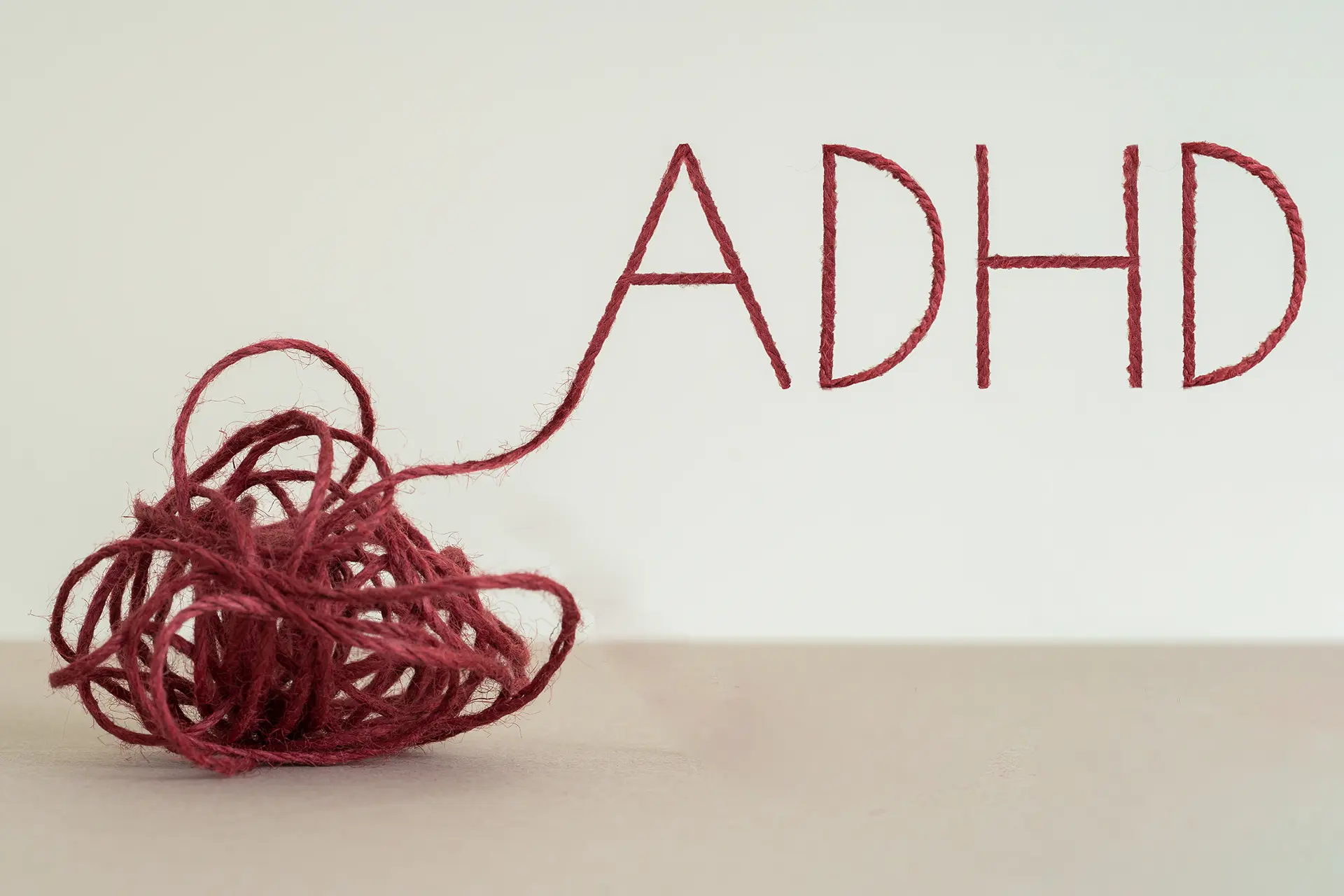Attention Deficit Hyperactivity Disorder (ADHD) is a neurodevelopmental condition which affects at least 3 – 4% of the population, and causes a pervasive pattern of distress or impairment throughout the lifetime. ADHD primarily results in difficulties with regulation, including of attention, behaviour, impulses and emotions.
ADHD can present differently in childhood and adulthood, and in males and females. There is a spectrum of difficulties that vary from predominantly inattentive to hyperactive-impulsive and combined presentations.
Inattention
Individuals with inattention may exhibit the following symptoms:
-Failing to give close attention to detail
– Difficulty sustaining attention
– Not listening when being spoken to directly
– Failing to follow through on tasks and instructions
– Difficulty organizing tasks and activities
– Avoiding tasks that require sustained mental effort
– Otten losing things necessary for tasks and activities
– Being easily distracted by extraneous stimuli
– Forgetfulness in daily activities
Hyperactivity and Impulsivity
Individuals with hyperactivity and impulsivity may show:
– Fidgeting
– Difficulty remaining seated in situations where it is expected
– Mental restlessness
– Physical hyperactivity
– Being excessively ‘loud’
– Blurting out answers or thoughts
– Talking excessively
– Intrusive behaviours towards others
– Excessive Impatience
Although ADHD has clear diagnostic guidelines in the DSM-V and ICD-11, an individual’s experience of ADHD is unique to their own life circumstances, life events, personality, co-existing conditions and protective factors. Just as no two people are the same, each person’s ADHD and means of coping are unique.
The number one step is to build your own insight into what your (potential) ADHD might look like and how it impacts your life. Understanding this is the first step toward finding the right support, regardless of whether you are seeking diagnosis or post-diagnostic support.
While building insight into how your inattention. impulsivity and hyperactivity impact on your life, it is crucial to bear in mind that formal diagnosis can only be made by a specialist professional, usually a psychologist, psychiatrist or other suitably trained mental health professional. There are many conditions that can present similarly to ADHD and it requires specialist knowledge to understand, differentiate and formulate these.
The following resources offer useful self- help guidance to improving insight into ADHD:
- NHS
- ADHD UK: is a charity founded in 2020 with a mission to help those affected by ADHD – either those that have the condition or people close to them: family, friends, employers, and co-workers.
- The ADHD Foundation website has lots of useful resources
- Further information is also available on the AADD-UK website.
- ADDISS also offers information and support.



